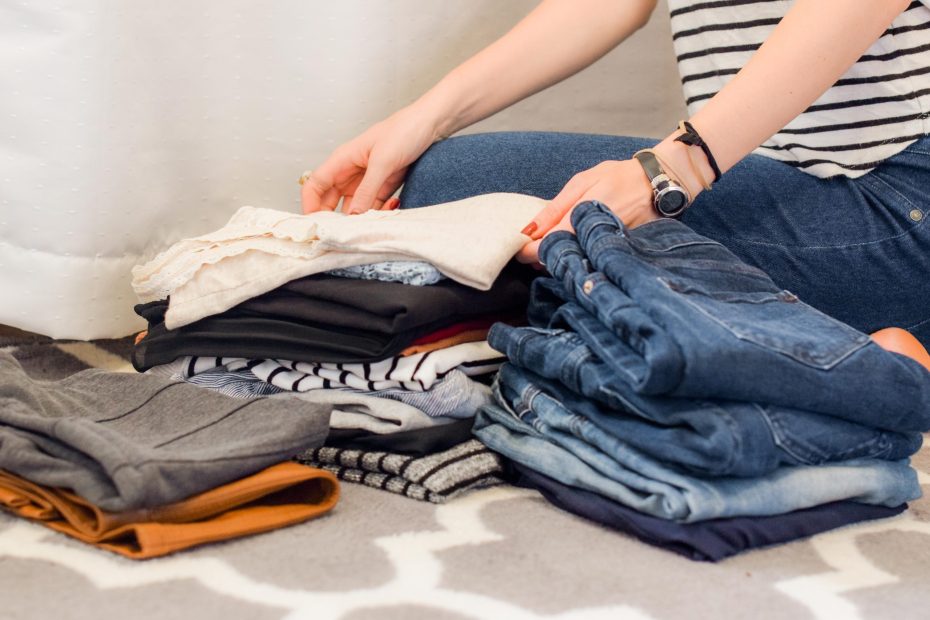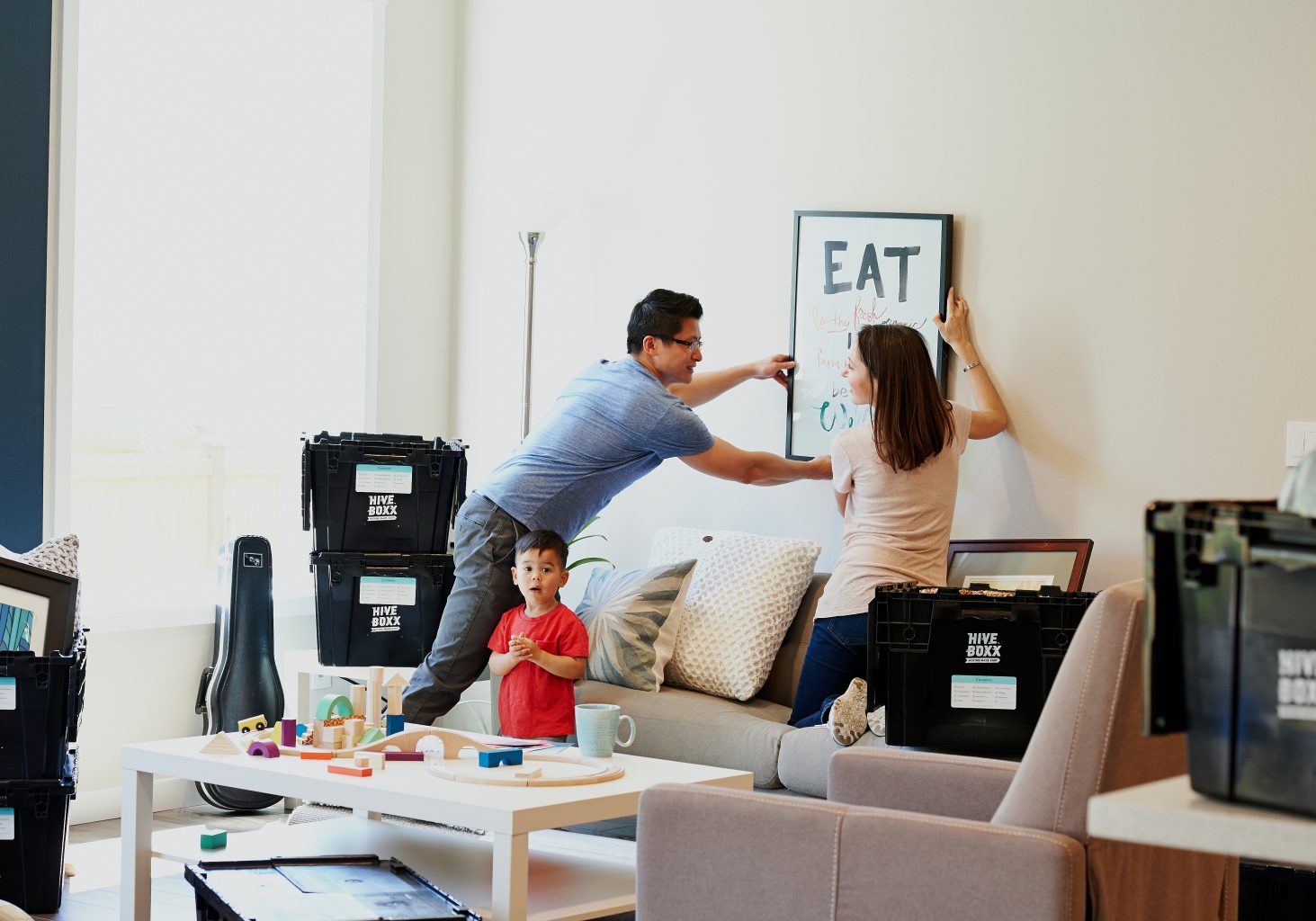The move is the perfect opportunity to get rid of the superfluous. What is the use of risking a kidney turn on business you no longer want? Here is a guide to effective decluttering!
A move is an opportunity to put everything together, to part with the old charms of the past, to turn a page, to recreate space in your home and in your life. Lighten up in order to start afresh, prune out the superfluous, focus on the essential, say goodbye to the past to open up to the new stage of life that is beginning.
We also necessarily give up objects that have shared our life: clothes that we no longer really wear, gifts that have been collecting dust for years but that we don’t dare to throw away, household appliances and kitchen utensils that we don’t. used that once, just like those exotic spices at the back of the cabinet. Headbuttings and gri-gris. Useless objects but invested with a sentimental value ultimately quite relative. Collections made obsolete by the evolution of technology.
Accept it straight away: you can’t take it all!
Sorting and disposing will allow you to “move light” and will save you time and money, since – if you hire a mover – the bill will depend on the volume of your business and the number of boxes, among other things. Anything you dispose of will not have to be transported, by you or by others, or possibly disposed of against payment.
In addition, thanks to the sorting, you will have more space in your new home to buy new furniture, new decoration, new books, etc.
Bottom line: get rid of the superfluous first, then move on. Therefore, start sorting as soon as the decision to change accommodation has been made.
Set aside a few hours a day and one or two weekends to progress calmly. By proceeding in stages, you will not be tempted to throw everything in bulk in boxes to finish it as quickly as possible.
Provide several large boxes or bags – for example, the first for things you keep, the second for items that can be donated or possibly resold, the third for items to be returned to stores or to the recycling center (special waste, household appliances …), finally the last for business with no other possible destination than the trash (as little as possible).
The strategy: progress piece by piece
Start with the garret, the cubicle, the cellar, and the garage, these spaces where objects that you no longer use have accumulated. Maybe even old boxes from your last move, never unpacked …
Are you or are you not going to repair this lamp which should have been glued for six months? If so, do it immediately, if not, get rid of it.
Pack seasonal items, Christmas decorations, ski outfits, parasols and garden furniture right away, which you won’t need before the move.
The law of 20% / 80%
To decide whether an item or item of clothing should be kept or thrown away, ask yourself how many times you have used, or worn, it in the past twelve months. For a garment, it should be at least twice. What you haven’t taken out of the closet for a year or more will probably never come out again. If you’re tempted to keep it “just in case” – resist and give it away, someone will be happy to give it a second life. The ideal would be to stick to the 20% clothes that go with everything and that you already wear 80% of the time anyway … not easy.
Books, magazines, CDs and DVDs always fill an impressive number of boxes. Is it really necessary to keep everything? Movies and video games are accessible online through platforms, and physical media are no longer necessarily required. Will you ever reread all the books in your library? Or do you only keep them out of nostalgia? Could they earn something by being resold?
The cuisine … and sentimental value
In the kitchen, in addition to broken, rusted or unusable utensils, you will probably also find old cans and other condiments at the back of the cupboards. Spices can be stored almost indefinitely, but their aroma wanes after a few months. Open jars that have passed their expiration date and check that the smell is still strong. If not, now is the time to get rid of it.
Out-of-service devices that have had their day will only clutter up, so don’t bother bringing them along. And avoid double utensils: even in the most extreme cases, you will never need three whiskers …
Save the toughest decisions for last. It’s easier to part with those sheets you’ve never loved than gifts you don’t use but-still-they-are-gifts. For these, give yourself time to decide last. And after all, if being around certain things makes you happy (even without using them) you don’t have to sacrifice yourself on the altar of decluttering.
Give, recycle, resell rather than throw away
Remember that clothes and shoes can be dropped off in containers or donated to second-hand shops run by social organizations such as the Salvation Army, the Protestant Social Center or the Red Cross. Most of these also accept donations of objects, furniture, appliances, books, etc. If you want to donate a piece of furniture, some associations even come directly to your home.
The containers collect 50,000 tonnes of clothing each year, most of which is sold in Eastern Europe, Asia and Africa and the proceeds donated to charities.
Your turn, good luck!



